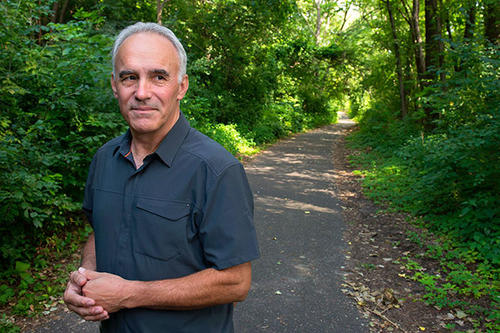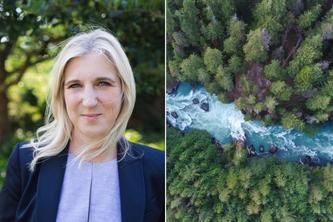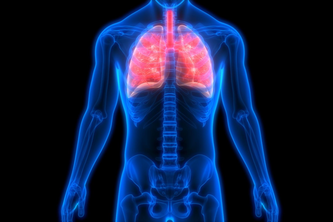
Diagnosed with pancreatic cancer in 2004, Scott Nelson survived after undergoing an eight-week clinical trial at the University of Minnesota. The trial, which involved three types of chemotherapy along with radiation, shrank his tumor to the point where he could undergo successful surgery. Today Nelson is a volunteer advocate for other cancer patients and has worked with U of M Cancer Care to improve the patient experience.
Can you describe the emotions that drove you to pursue clinical trials?
Scott Nelson: When you’re faced with a cancer diagnosis, and then told that given the progression of your cancer, the standard treatments for it are not available to you, it feels like you’ve been hit by a truck. The impact of it is overwhelming both emotionally and physically. You can’t believe it. You either resign yourself to it, or you search for some answer, some way out of it. You look at clinical trials.
Do you see patients and families in clinical trials as anonymous heroes?
Absolutely I do. It takes courage to participate in a clinical trial knowing that even though it’s likely too late for it to save you, your participation could help someone else who will be in the position that you’re in someday—some other person and their loved ones. There’s a “we’re all in this together” mentality that kicks in, and people are willing to go through treatments that may be difficult, in order to help others. It’s inspirational.
What are your thoughts on those who sacrifice and don’t survive?
I think about those people all the time. Why am I one of the lucky ones? Did the hope that a clinical trial gives you—even though the disclaimers are there that basically say that its purpose is to help others, not you—give them some comfort for a while? How are their families coping with the loss? What was the impact of their efforts on advancing a cure?
Why do our state and the U of M choose to pursue clinical trials?
We have a great sense of community here in Minnesota. We’re always willing to help others in any way that we can. You can see examples of that every day here. Participating in clinical trials is the ultimate way to help others afflicted with a deadly disease that is likely going to take your life.
Minnesota and the U of M are leading this fight. We have gathered top cancer researchers from around the world. They’re working in their Minnesota labs today on solutions for cures for the various types of cancer. They coordinate their efforts with cancer researchers around the world in the search for cures.
- Categories:
- Science and Technology





